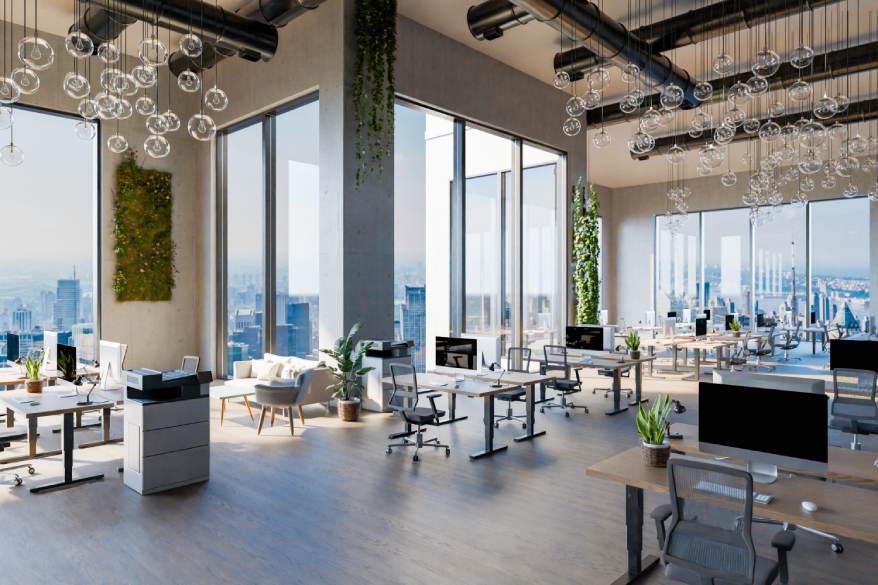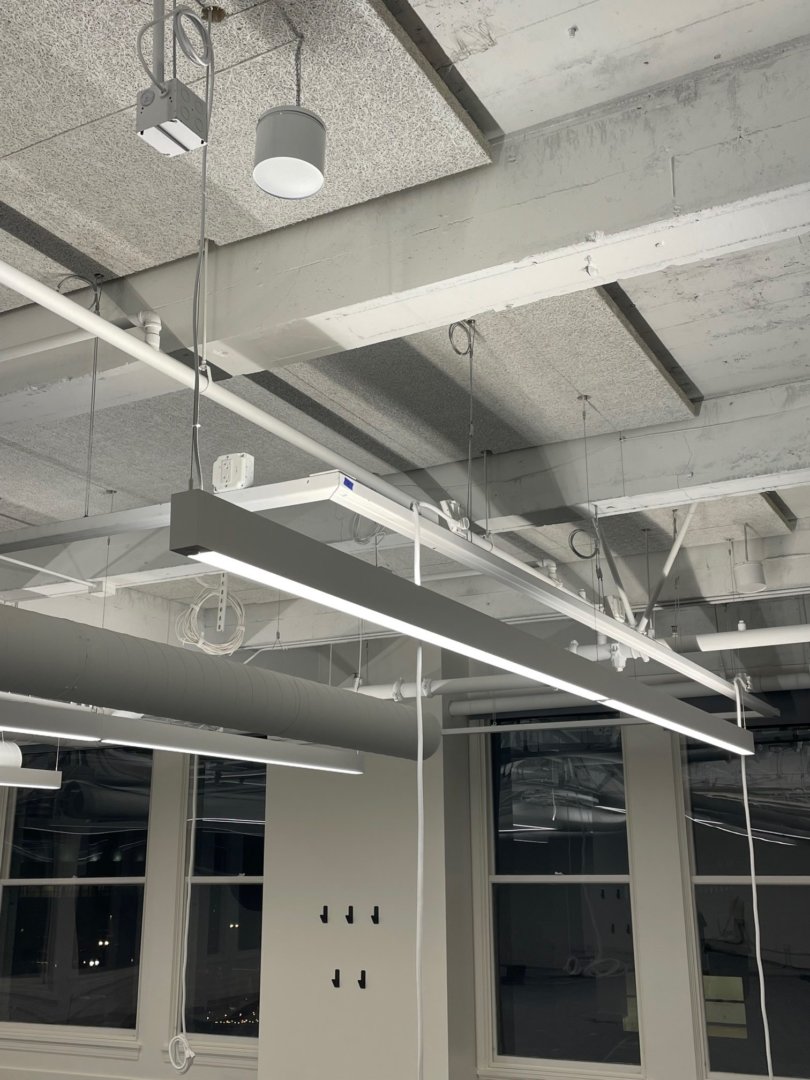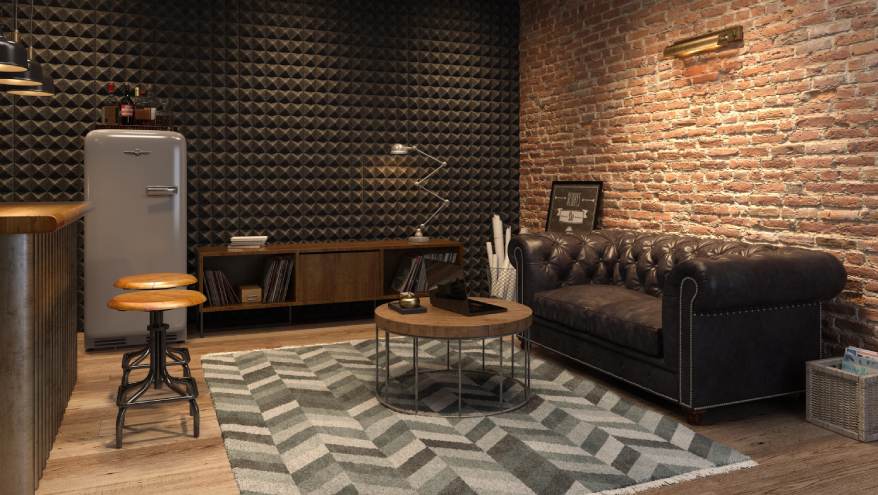

Sound Masking & Speech Privacy
Noise Control for Large SpacesSound masking is a technique used to mitigate the intelligibility or reduce the level of sound in a specific environment, typically an office, in order to improve privacy and reduce distractions. It involves the use of background noise, such as white noise, to mask unwanted noise and improve the overall acoustic environment.
What is Sound Masking and How Does it Work?
Sound masking works by adding a consistent, low-level sound to an environment.
The concept behind sound masking is that it reduces distractions caused by conversations and other noises, while also enhancing speech privacy by making it more difficult for others to overhear and understand conversations.
Choosing the Right Sound Masking Solution
When choosing a sound masking solution, consider the following factors:
⦁ Consistent Coverage: Effective sound masking delivers a uniform experience across the entire space. There should be no noticeable shifts—no hot spots and no dead zones—that draw unwanted attention to the system.
⦁ Sound Quality: High sound quality is essential for effectively masking unwanted noise and improving acoustics.
⦁ Volume Control: Adjustable volume control allows you to customize the sound masking level to suit specific needs.
⦁ Ease of Installation: The ease of installation is important, as it will determine how quickly and easily you can get the solution up and running.
⦁ Maintenance Requirements: Consider how much maintenance is needed to keep the system functioning smoothly.

Benefits of Sound Masking in the Office
There are many benefits to using sound masking in the office, including:
- Improved speech privacy: With sound masking in place, it is more difficult for others to overhear conversations, which can help to protect confidential information and sensitive data.
- Reduced distractions: Sound masking can help to reduce distractions by making it harder for conversations and other sounds in the environment to be understood, which can help to improve focus and productivity.
- Increased comfort: With sound masking in place, the environment can feel more comfortable, as there is less unwanted noise and more consistent background sound.
- Improved acoustics: Sound masking can help to improve the overall acoustics of an environment, which can help to override echoes and improve sound quality.
Sound Masking Increases Productivity

How to Install Sound Masking in the Office
Installing sound masking in the office is a straightforward process that can be done in several steps, including:
⦁ Assess the Coverage Area: Determine the coverage area that you want the sound masking solution to cover.
⦁ Choose the Right Sound Masking Solution: Select a sound masking solution that is suitable for your coverage area and meets your other requirements, such as sound quality and volume control.
⦁ Install the System: Follow the instructions provided by the manufacturer to install the sound masking solution.
⦁ Test the System: Once the sound masking solution is installed, test it to ensure that it is working properly and that the sound quality is acceptable.
⦁ Adjust Volume: If necessary, adjust the volume control to achieve the desired level of sound masking.
Sound masking is a valuable tool for improving privacy and reducing distractions in the office. By selecting the right system and following a simple installation process, you can create a more comfortable and productive work environment.
Gallery +
Get Started with a Free Quote!
Submit your details below for a personalized quote tailored to your needs. Let’s kickstart your project today!
Get a free quote










